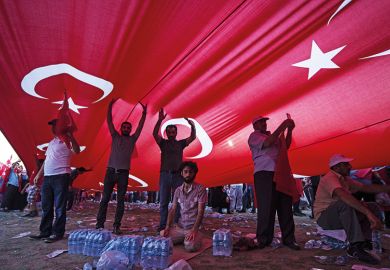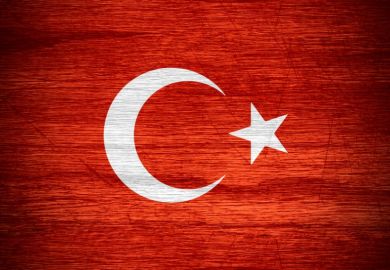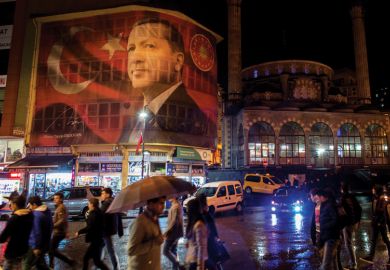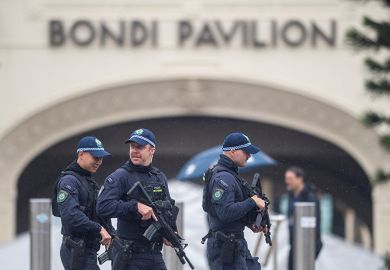Persecution of Turkish academics in the wake of last year's failed military coup has reached “unprecedented levels,” an international charity has warned.
In a message to its supporters, Scholars at Risk said the Turkish government had “ushered in an unprecedented era of persecution" of the nation’s academics after the putsch of July 2016, in which 265 people were killed.
“University closures, forced resignations, suspensions, detentions, and travel bans have affected thousands of individuals in Turkey and abroad,” said the US-based charity.
It pointed to a new scholarly paper by Umut Özkirimli, from Lund University in Sweden, published in the journal Globalizations in May, which says the 4,811 academics sacked since last July is around 20 times the number of scholars who lost their jobs following all previous military coups in Turkish history combined.
According to the paper, ‘How to Liquidate a People? Academic Freedom in Turkey and Beyond’, the sackings have now reached an “epic scale”, meaning that “within a matter of months, Turkey has turned into a full-blown autocracy with scant, if any, concern for basic freedoms and fundamental rights”.
Under the purge, which has seen around 100,000 public servants sacked or suspended, academics face lifetime bans from employment as civil servants, confiscation of their passports, and revocation of their right to access public housing after they are sacked, the US-based charity said.
Scholars at Risk cited a second paper, ‘Education as Battleground: The Capture of Minds in Turkey’, published by Deniz Kandiyoti and Zühre Emanet, from Soas, University of London, in last month’s Globalizations. This claims that “these threats to Turkey’s scholars’ careers, well-being, and constitutional right to academic freedom not only violate basic human rights, but risk the rapid erosion of academic standards, irrecoverable losses in their potential for innovative and critical thinking, and potential brain drain of their most gifted members.”
The charity is encouraging universities, higher education professionals and students around the globe to continue to speak out for their colleagues in Turkey.
Register to continue
Why register?
- Registration is free and only takes a moment
- Once registered, you can read 3 articles a month
- Sign up for our newsletter
Subscribe
Or subscribe for unlimited access to:
- Unlimited access to news, views, insights & reviews
- Digital editions
- Digital access to THE’s university and college rankings analysis
Already registered or a current subscriber?








